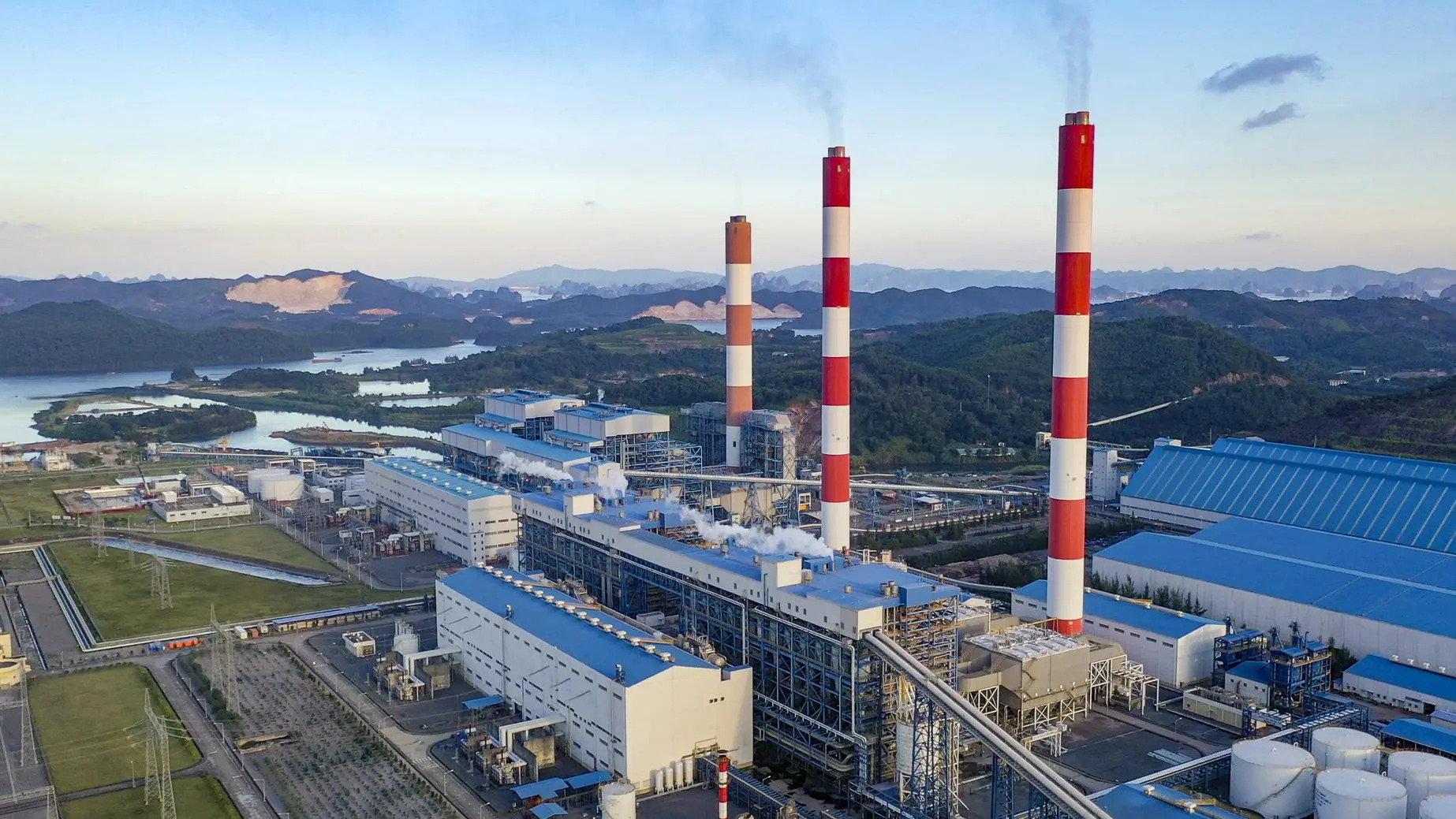Vietnam sells electric cars but fires up coal-fired power plants
To meet rising demand, the Vietnamese government has announced that coal-fired plants, which still account for 48.7 per cent of total electricity production in the country, will operate for a record number of hours. In the meantime, the electric vehicle business is growing, with domestic manufacturer VinFast signing partnerships and conquering market shares.
Hanoi (AsiaNews) – Vietnam today announced its intention to operate the country’s coal-fired power plants at the highest levels for next year, to meet growing energy demand.
Sources close to the communist government say that most coal-fired power plants will operate for 6,400-6,500 hours over the course of 12 months, as electricity consumption is expected to grow by between 11 per cent and 14 per cent in 2025.
Over the years, Vietnam has a manufacturing hub in Southeast Asia and the Asia-Pacific region, and has sought more recently to boost renewable energy. However, regulatory hurdles have put offshore wind energy and liquefied natural gas (LNG) targets at risk.
Overall, coal remains king to meet the country’s energy needs. Coal-fired power plants accounted for 48.7 per cent of Vietnam's total electricity production, i.e. 256.7 billion kilowatt hours in the first 10 months of 2024, state-owned Vietnam Electricity Group (EVN) report.
"The mobilisation rate of coal-fired power plants will remain high, especially in the northern area," the government said. This is why coal-fired power plants will need to be ready with coal supplies plans by the end of this year.
The process of conversion to renewables is still in its infancy in Southeast Asia, with the race for "green" energy unable domestic demand, which has doubled in less than a decade.
This is the same that is happening to Vietnam’s "Big Brother", China, which is also caught between pledges to sustainable development and an energy system that has yet to be stabilised, with a critical need to balance energy supply and demand.
In Vietnam, climate change is also making it harder to run the electricity grid and manage energy peaks. Since May last year, several industrial areas in the north began to experience a series of unprecedented power outages.
The growing need to use coal flies in the face of Vietnam’s plan to expand local electric vehicle (EV) production, a booming business for the country.
The global EV boom presents numerous opportunities for Vietnam's economy, supported by leading technology suppliers like Bühler Group.
Nearly 14 million battery-powered EVs were sold worldwide last year, up 35 per cent over 2022, this according to a report by the International Energy Agency (IEA).
This surge has brought the overall number of EVs on the road to 40 million, despite global economic and political instability and a generally sluggish car market.
According to the IEA's forecasts, EVs will account for half of all car sales by 2035, thanks to evolving consumer preferences and government policies that promote the transition to green mobility.
The burgeoning potential of the EV market is a catalyst for the industry's expansion, attracting both established players and promising newcomers, most notably Chinese automaker BYD, which controls 20 per cent of the global EV market.
In addition to leader Tesla, VinFast, Vietnam's first electric vehicle manufacturer, is also gaining more and more market shares.
At the end of October, Haiphong-based company signed a series of contracts worth at least a billion dollars in foreign investment, led by the Emirates Driving Company (EoC), a United Arab Emirates-based driver and road safety educational institute.
According to Bloomberg, VinFast itself and its parent company, Vingroup, signed strategic partnerships with Middle Eastern companies during Vietnamese Prime Minister Phạm Minh Chính’s official visit to the United Arab Emirates (UAE).
The memoranda of understanding cover strategic areas, including cooperation in electric vehicles and green transport, as well as maritime development and shipyard construction, sustainable coastal land use, and digital transformation.
26/04/2024 16:51
21/10/2021 17:59
17/01/2022 16:14
24/06/2011







.png)










